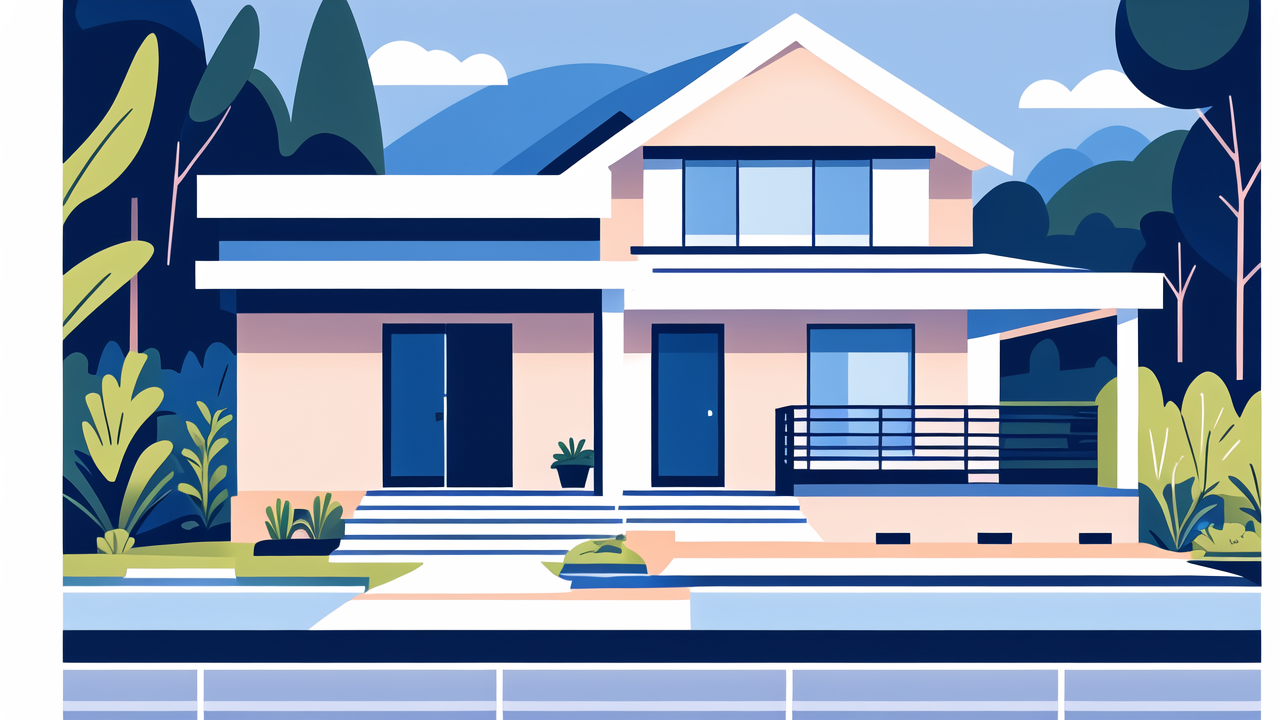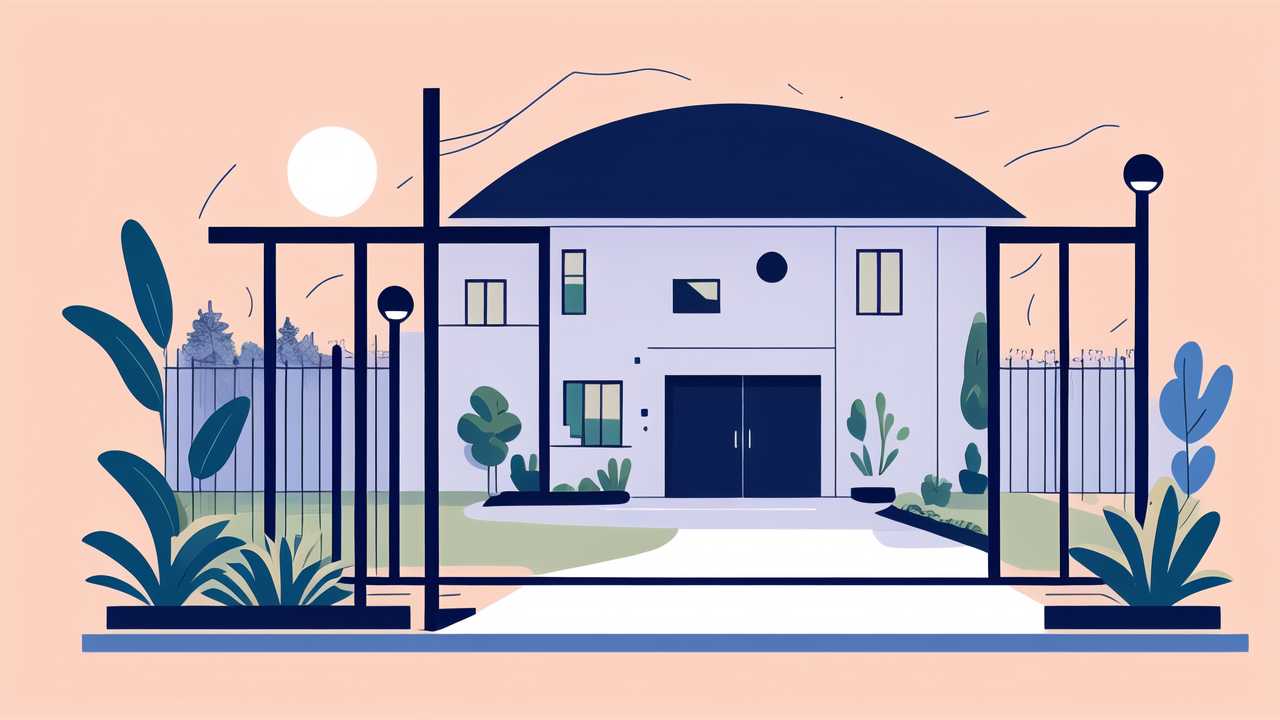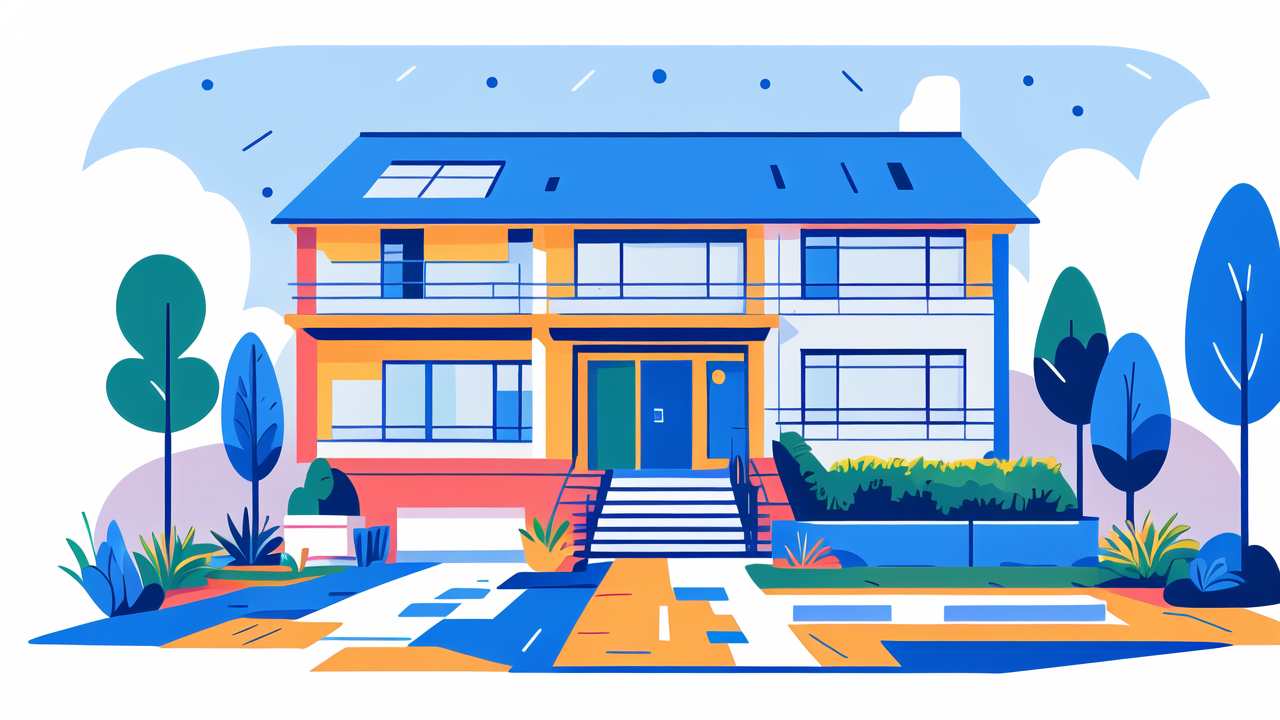The Impact of Aesthetically Pleasing Fences on Property Value
Understanding the Relationship Between Fence Aesthetics and Property Value
A beautiful fence can boost your home's value significantly. It's not just about security; it's about style too. A well-designed fence creates a great first impression. It can make your home stand out in the neighborhood. Buyers often see a good fence as added value. They appreciate the privacy and defined boundaries it offers. A stylish fence can also complement your home's architecture. This harmony can increase your property's overall appeal. Remember, potential buyers form opinions quickly. A striking fence can make them fall in love with your home at first sight. It's an investment that pays off in the long run. A good fence can increase your home's value by up to 5%. That's a significant return for a relatively simple upgrade.

Assessing the Market: What Buyers are Looking For
When it comes to fences, buyers have specific preferences. They often look for:
- Durability: A fence that will last for years
- Low maintenance: Materials that don't require frequent upkeep
- Style: A design that complements the home's architecture
- Privacy: Adequate height and coverage for seclusion
- Security: Sturdy construction to deter intruders
- Curb appeal: An attractive addition to the property's exterior
Buyers also appreciate fences that blend with the neighborhood style. A fence that's too flashy or out of place can be a turnoff. It's important to strike a balance between standing out and fitting in. Consider the local climate too. In coastal areas, rust-resistant materials are crucial. In windy regions, sturdy construction is key. By understanding these preferences, you can make smart choices in fence design and decoration. This knowledge can help you create a fence that not only looks great but also appeals to potential buyers.
Innovative Fence Decorating Ideas to Boost Curb Appeal
Choosing the Right Fence Materials for Your Home
Selecting the right fence material is crucial for both aesthetics and practicality. Here are some popular options:

- Wood: Classic and versatile, great for customization
- Vinyl: Low maintenance and durable, comes in various styles
- Wrought iron: Elegant and strong, perfect for ornate designs
- Aluminum: Lightweight and rust-resistant, ideal for modern homes
- Composite: Eco-friendly and long-lasting, mimics wood appearance
Consider your home's style when choosing. A Victorian house might suit a wrought iron fence. A modern home could pair well with sleek aluminum. Think about your climate too. Hot, humid areas need materials that resist warping. Coastal regions require rust-resistant options. Don't forget about maintenance. Some materials need more care than others. Choose a material that fits your lifestyle and budget. The right choice can make your fence a standout feature of your home's exterior.
Creative Gate and Latch Solutions
Your gate is the focal point of your fence. It's a chance to make a statement. Consider these creative ideas:
- Arched top gates for a romantic look
- Pergola-style entrance for added charm
- Custom-designed gates with unique patterns
- Single panel doors for a modern, minimalist approach
- Double gates for grand entrances
Latches and hardware are important too. They can add character to your gate. Think about:
- Ornate wrought iron latches for traditional styles
- Sleek, hidden latches for a clean look
- Smart locks for added security and convenience
- Decorative hinges that double as design elements
Remember, your gate should be both functional and beautiful. It should complement your fence and home design. A well-designed gate can become a conversation piece and boost your curb appeal. It's the first thing visitors interact with, so make sure it leaves a lasting impression.
Incorporating Lighting and Landscaping into Your Fence Design
Lighting and landscaping can transform your fence from ordinary to extraordinary. Here are some ideas:
- Install solar-powered post cap lights for a soft glow
- Use spotlights to highlight decorative elements
- Add string lights for a festive touch
- Plant climbing vines for a natural, lush look
- Create flower beds along the fence line
- Use potted plants to add color and texture
Lighting not only enhances aesthetics but also improves security. It can create a warm, welcoming atmosphere at night. Landscaping softens the look of a fence and helps it blend with nature. Consider seasonal plants for year-round interest. Remember to choose plants that won't damage your fence. Some vines can be invasive. Always check their growth habits before planting. With the right combination of lighting and plants, your fence can become a stunning feature of your home's exterior.
Best Practices for Implementing Fence Decorations
Expert Tips for Selecting and Maintaining Your Fence Decorations
Choosing and caring for fence decorations is key to lasting curb appeal. Here are some expert tips:

- Choose weather-resistant materials for outdoor use
- Opt for lightweight decorations to avoid strain on the fence
- Use removable hooks or ties for easy seasonal changes
- Clean decorations regularly to maintain their appearance
- Apply protective coatings to metal decorations to prevent rust
- Inspect decorations periodically for damage or wear
When selecting decorations, consider your fence material. Some items may not be suitable for certain fences. For example, heavy decorations can damage vinyl fences. Also, think about your home's overall style. The decorations should complement, not clash with, your home's exterior. Remember, less is often more. Too many decorations can look cluttered. Choose a few key pieces for maximum impact. Rotate decorations seasonally to keep your look fresh and interesting.
Navigating Regulations and Standards in the United States
Before decorating your fence, it's crucial to understand local rules. Different areas have varying regulations. Here are some key points to consider:
- Check local zoning laws for fence height restrictions
- Verify HOA rules about fence decorations and colors
- Ensure decorations don't encroach on neighboring properties
- Be aware of any historical district guidelines
- Consider visibility requirements for corner lots
- Check if permits are needed for significant changes
Some areas have strict rules about fence appearance. Others are more lenient. It's always best to check before making changes. This can save you time and money in the long run. Remember, regulations can change. Stay informed about local ordinances. If in doubt, consult with local authorities or a professional fence contractor. They can guide you on what's allowed in your area. Following regulations ensures your fence enhancements are both beautiful and compliant.
Case Studies: Successful Fence Decoration Strategies
Let's look at some real-life examples of successful fence decorations:
- The Johnson Family: They added a trellis to their wooden fence. They planted climbing roses. The result was a stunning floral display that neighbors loved.
- The Smiths: They installed solar-powered lights on their vinyl fence posts. This created a warm glow at night, enhancing security and ambiance.
- The Garcias: They hung weather-resistant art pieces on their wrought iron fence. This turned their fence into an outdoor gallery, reflecting their love for local art.
- The Patels: They used removable fabric panels to add color to their chain-link fence. This allowed them to change the look seasonally.
- The Wilsons: They incorporated a built-in planter box into their fence design. This added greenery without taking up yard space.
These cases show how creativity can transform a simple fence. The key is to choose decorations that suit your style and fence type. Remember to consider maintenance needs too. What works for one family might not work for another. Use these examples as inspiration to create your unique fence decoration strategy.
